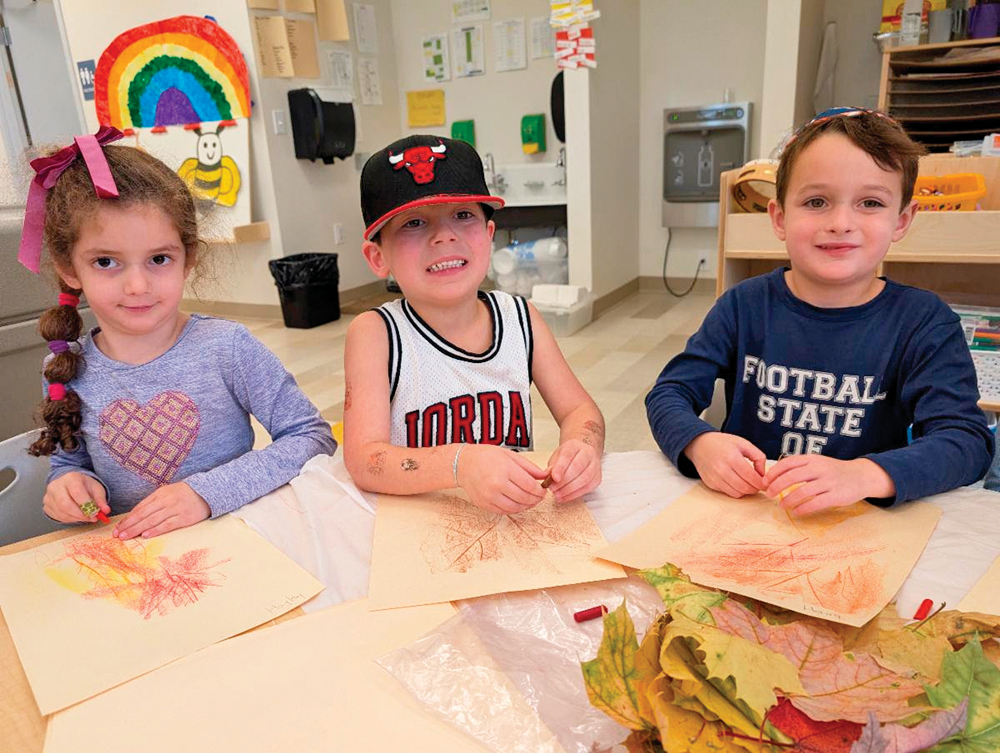I have vacillated about broaching this topic. Had my psychologist husband been here to guide me I would have felt more comfortable having this discussion. I am sure many of you were as devastated as I when reading of the tragedy that recently took place in Lakewood. I am speaking of the young religious woman, obviously suffering from a serious mental illness, who took the lives of her two very young children. Hashem, help us understand how such a thing could happen! None of us can fathom the pain which her husband and family must be suffering through, as well as the amazing volunteers from Chai Lifeline and Hatzolah who were called to the home.
I did early on hear a report from a family member that she had been improving as a result of her treatment, and that her husband had ventured on his first business trip in two years, leaving her alone with their children and another family member, who was going to stay with her throughout his absence.
What happened in this particular situation is really irrelevant to the topic at hand. The question is, how are we as families dealing with family members who are suffering from serious mental illness? Are we sweeping it under the rug, hoping it will go away? Are we hiding it from friends and family for fear that the person in question will be “misunderstood?” Are we doing everything we can to see to it that the family member is receiving proper psychiatric care? Are we acknowledging their pain as well as our own? My beloved Mordechai used to say that a mental illness is far worse than a physical illness because it is not openly seen.
I remember friends sharing a story with us about a young woman who had become engaged to a “bochur” who attended yeshiva with their son. The woman’s family were friends and neighbors of theirs. They were aware that the bochur had attempted suicide while in yeshiva. They painstakingly spent hours trying to decide if it was their obligation to tell the family of the kallah. They did in the end tell them. The girl’s family had not the slightest idea of this occurrence. It was then up to them to do a proper investigation of whether or not this boy was able to join in a marital union.
Why are we as a community so hush-hush about these situations? It would be so much easier for all of us if we would learn to address a mental illness the same way we would address the many events families face on a daily basis.
I have mentioned in the past my amazement that in the year 2024 families still choose not to discuss their child’s intellectual disability. How many times did I hear from parents involved with Yachad in Montreal that their sons and daughters were “learning disabled” when it was so obvious to everyone else that these children were, in fact, both cognitively and developmentally severely low functioning? How many families today refuse to accept or acknowledge their child’s revelation that they are more comfortable being with members of their own gender?
The “frum” world needs to wake up and learn how to deal with whatever they are denying. If it is a mental illness, do not be afraid of speaking with others about it. It does not mean the world has come to an end. There are people walking around every day on local streets who are on meds for something. They are our friends and neighbors and they need to know that by sharing they will not be ostracized. There are families who are realizing that their sons or daughters are gay. Do not leave them alone and do not make them feel that they cannot share with others what they are learning to grapple with.
There are high-functioning people around us who have a diagnosis of some sort of learning disability, developmental/cognitive disability or autism, whose parents in many cases are uncomfortable sharing these facts with their friends and neighbors. In many situations these people do become productive members of the community. How does that happen? It only happens if the community is open to allowing it.
What makes anyone think that any of the above could not be them or any of their children or grandchildren in the coming years? A sense of complacency seems to be the modus operandi. I have actually heard people say, “That would never happen to me.” Please wake up and smell the roses and open your hearts and minds to others and the reality of the world today. Make it easier for friends and family to feel comfortable enough to share their highs and lows—a listening ear never hurt anyone!
Nina Glick can be reached at [email protected].













